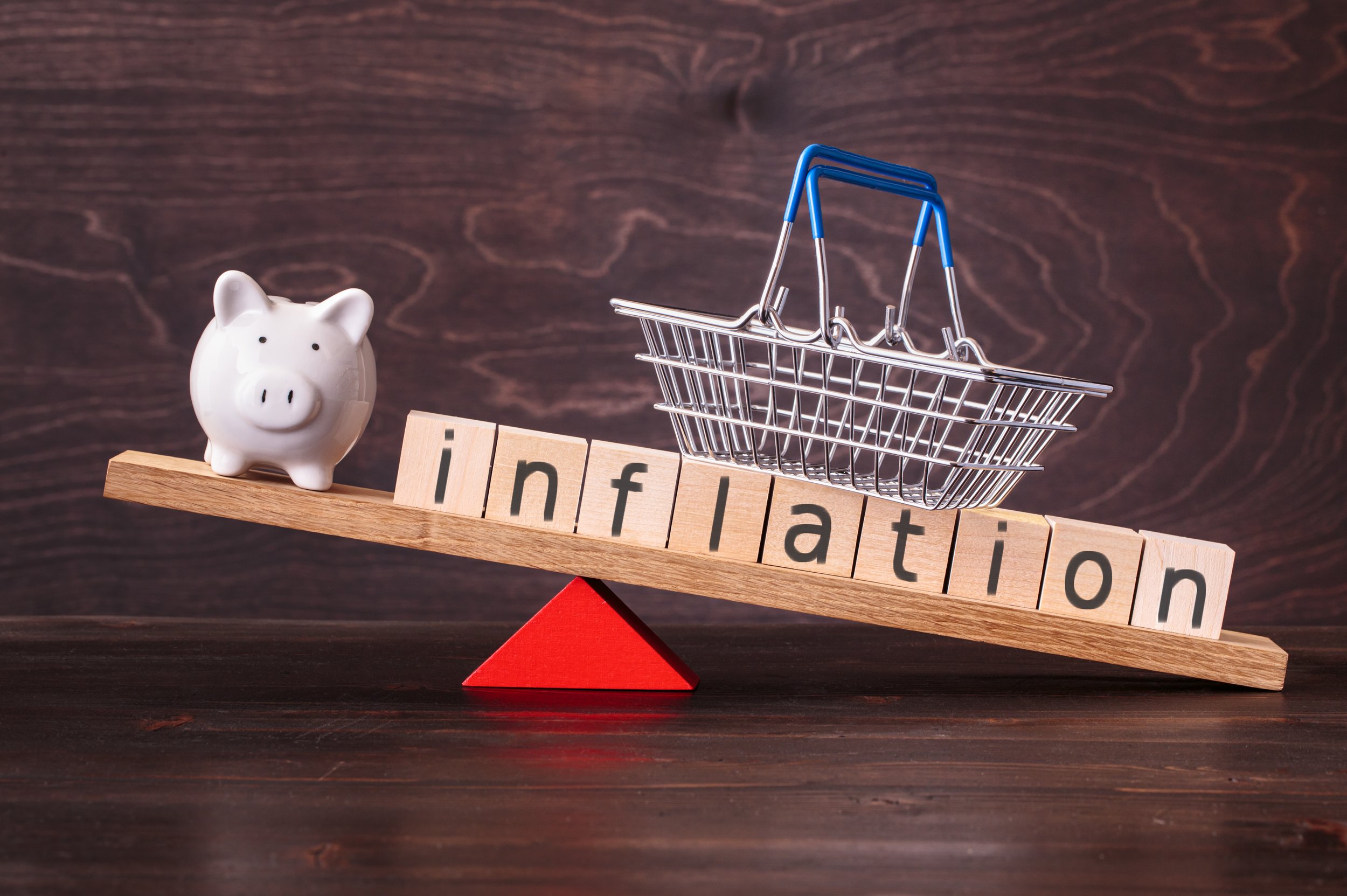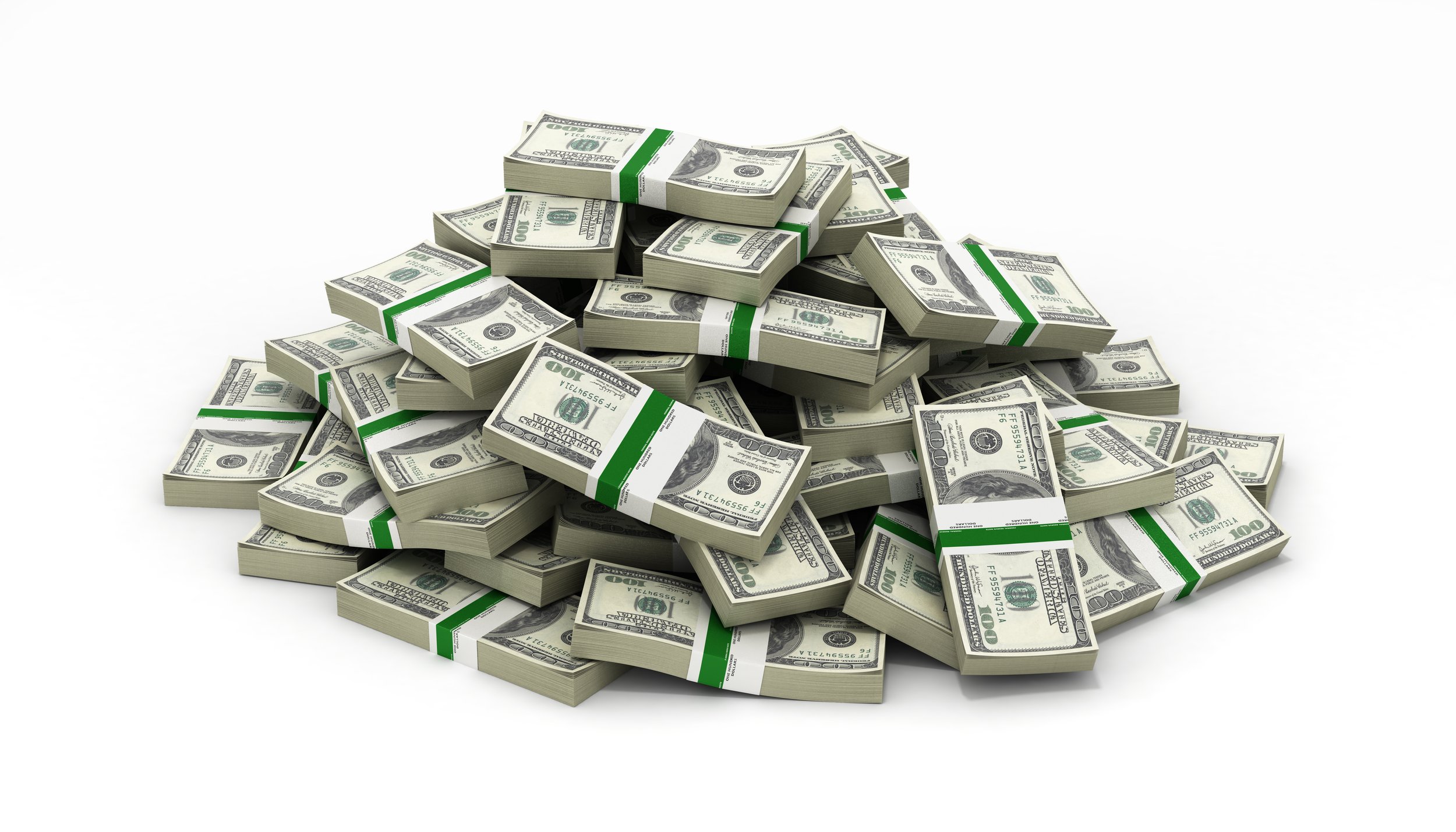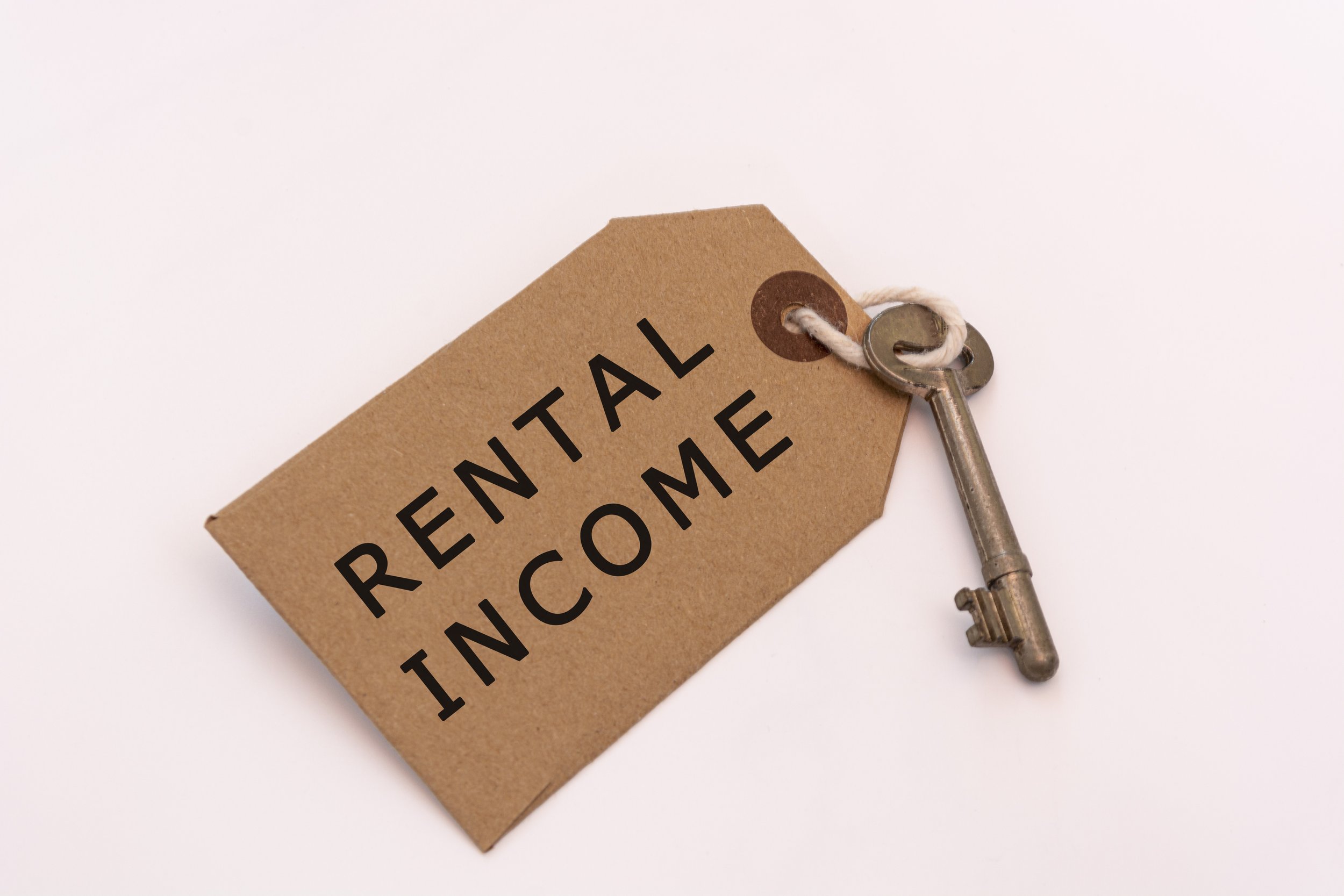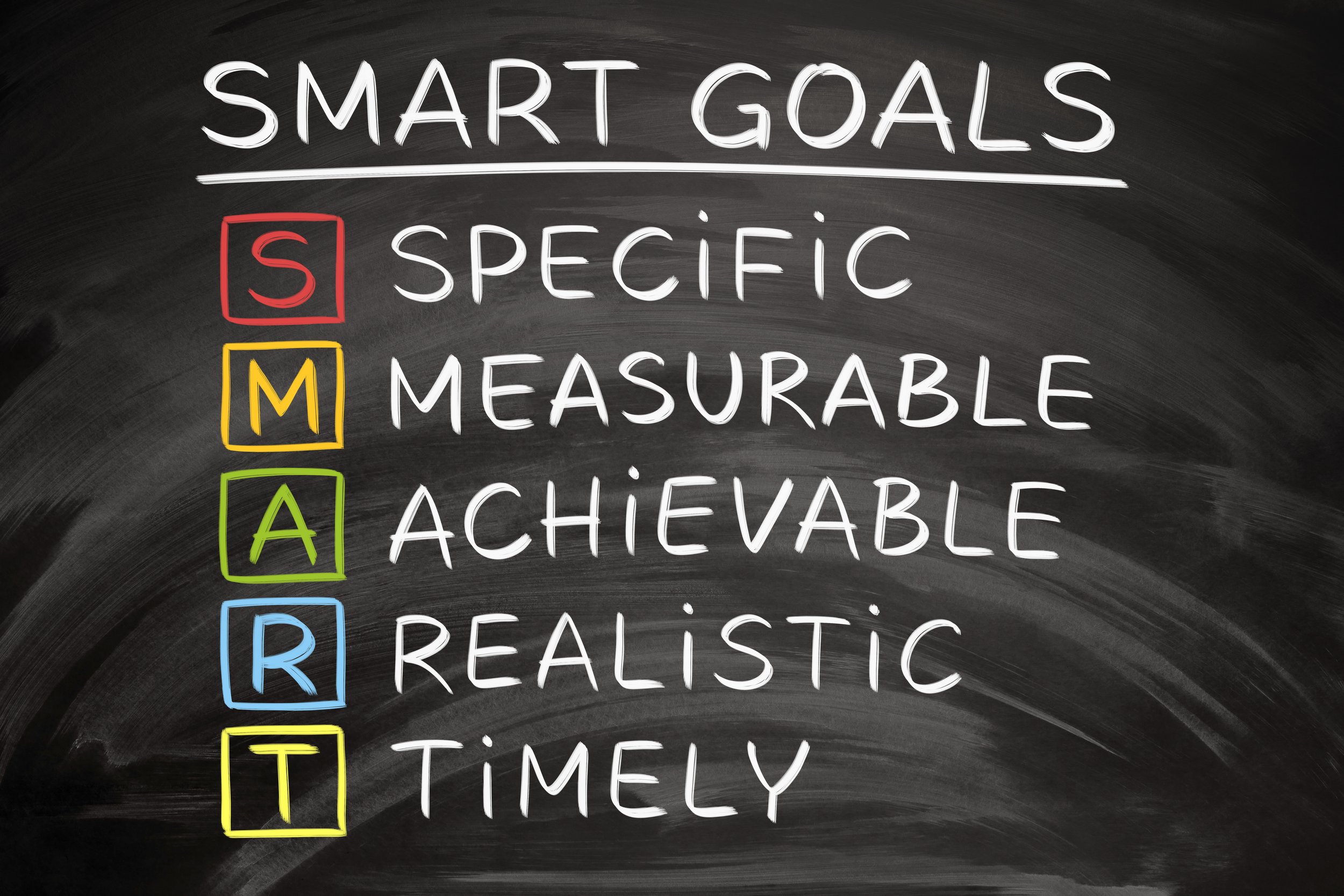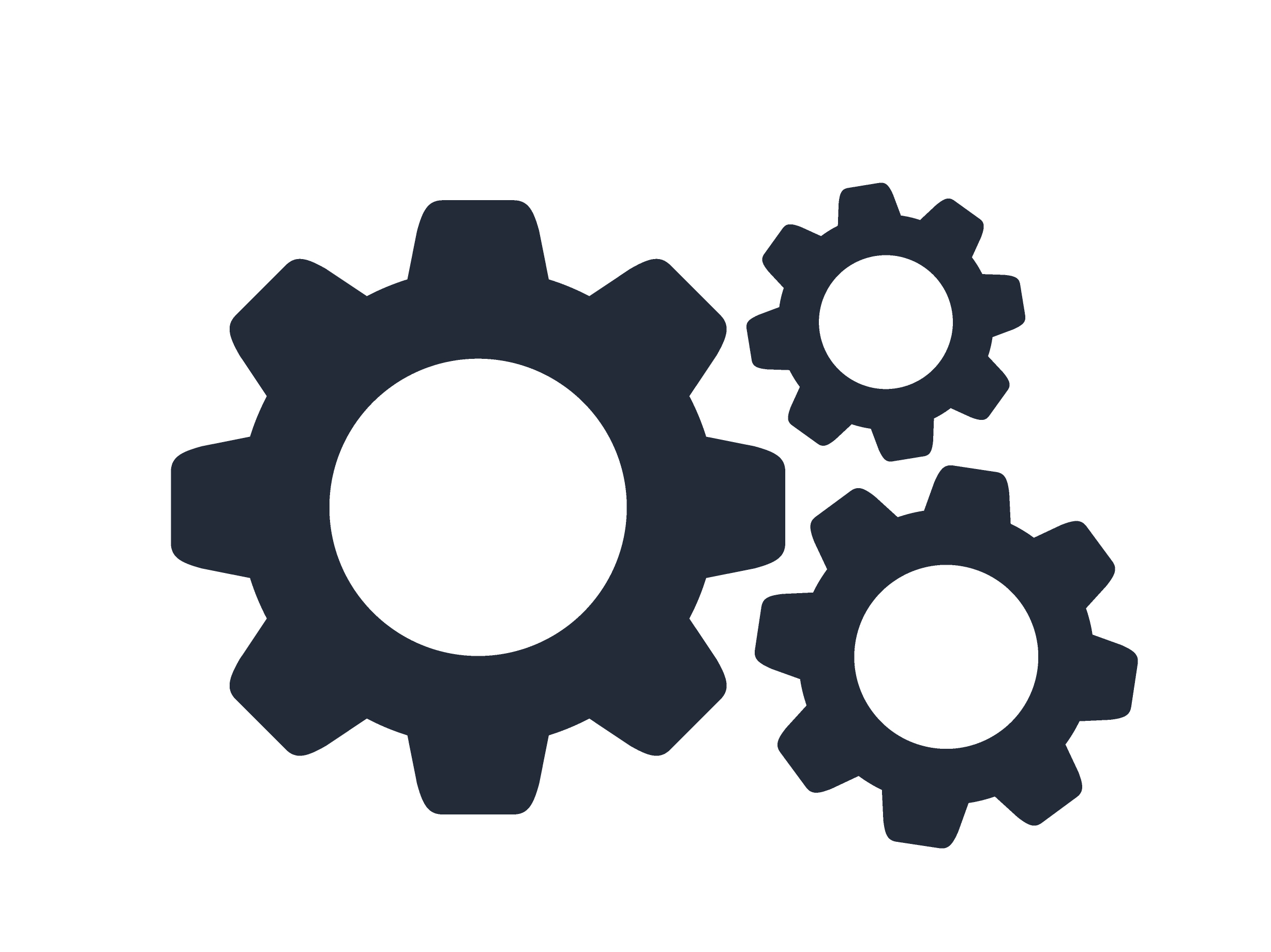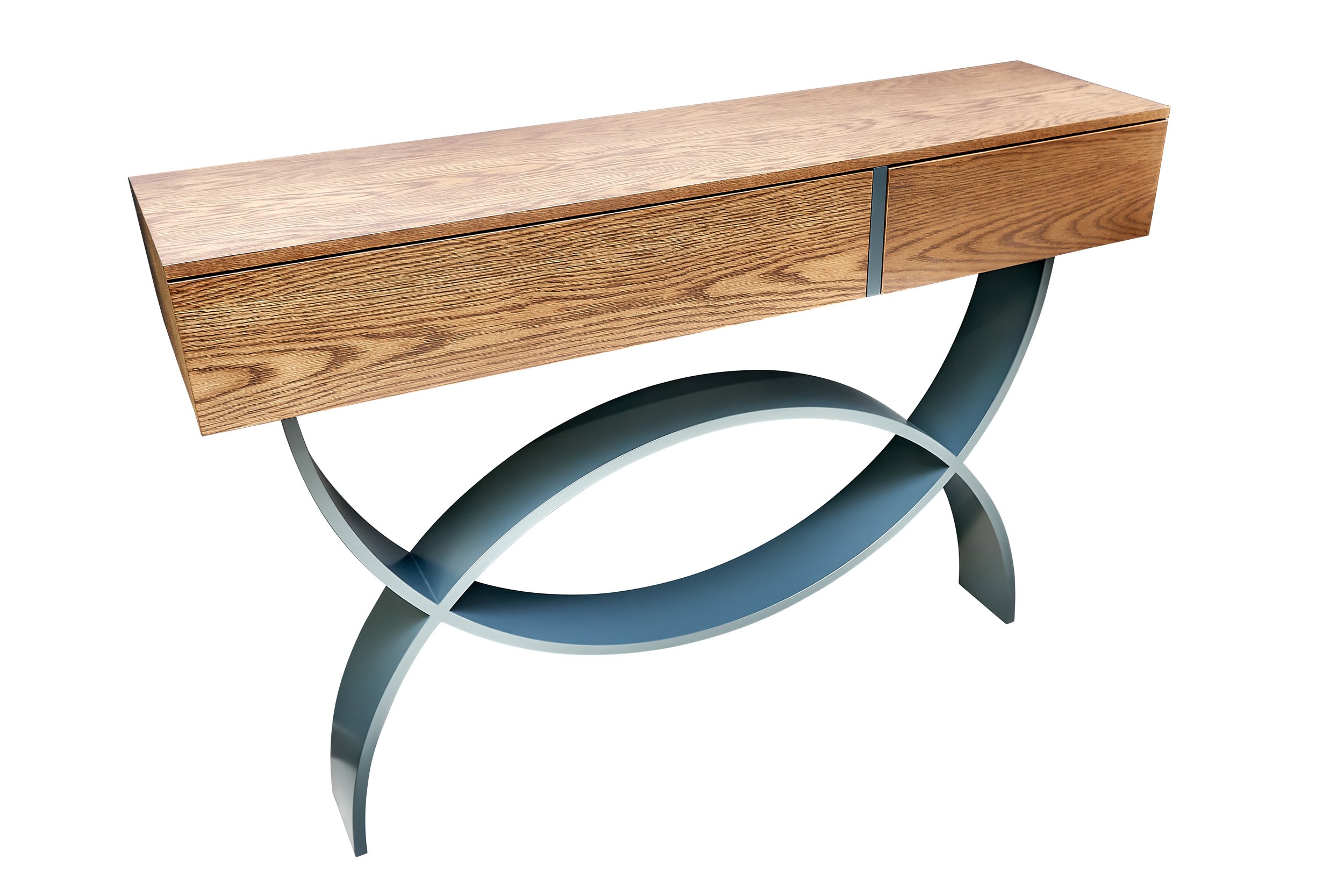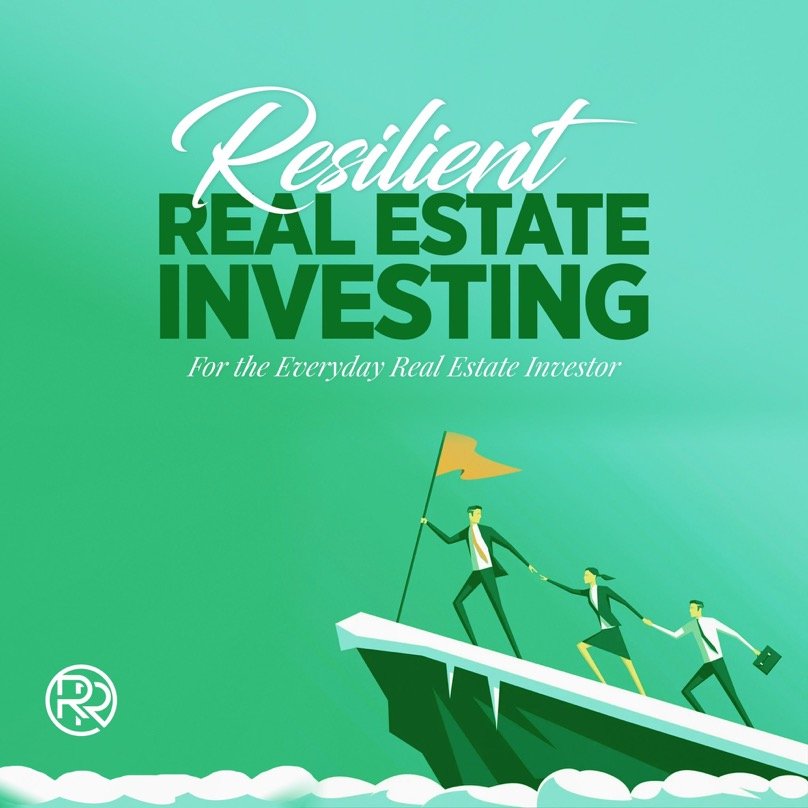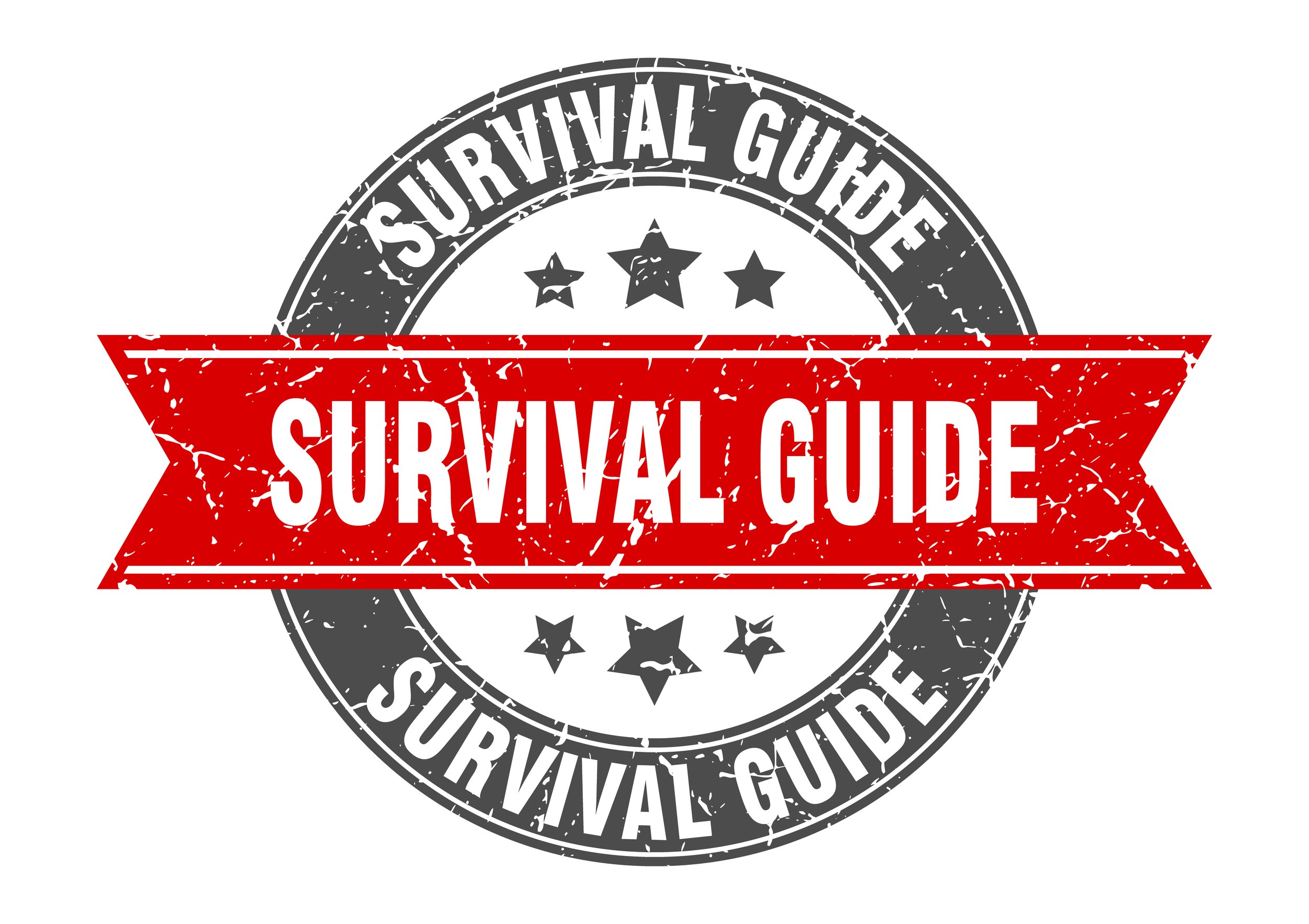Why I Don’t Worry About Inflation and Neither Should You!
Don’t let inflation outweigh your savings!
Everyone is talking about inflation right now and all the damage it can cause. After a close look at my finances and the economy as a whole, I’ve come to a realization. Inflation is necessary and can easily be managed at a personal level to ensure your spending power isn’t eroded.
Contents (Jump Links)
The Situation
If you watch the news lately, you’d think the world is ending or something.
Gasp! We all know inflation is bad! We’ve heard horror stories of people in Germany back in 1923 burning stacks of cash in the winter to keep their homes warm because the currency was so worthless due to hyper-inflation.
Why inflation is actually good!
Let’s get one thing straight. Inflation isn’t inherently bad. People associate runaway hyper-inflation with economic collapse. The fact of the matter is that some inflation is GOOD. In fact, before the pandemic, the Federal Reserve (people running our money supply) was actually trying to increase inflation because they felt it was too low and had been for a long time.
So how is inflation good?
Prevents cash hoarding:
For a healthy economy to function, you need people to spend money and keep the system churning. Companies quickly dump cash back into the economy and don’t like to sit on it. This is because over time money loses some of its spending power through inflation. Now this isn’t what you want to do on a personal level. You want to save money so you can retire early, but on a national scale, the more spending, the better.
Encourages borrowing:
Because our monetary supply is what’s called a fractional reserve system, a large amount of the money in our system isn’t actually from the government. Banks issue it in the form of loans. When a bank gives a loan, they actually create money (M2 money supply) which is a function they are authorized to do thru the fractional reserve system (They only need a fraction of the money they lend out on deposit). In a deflationary environment, people don’t want to get loans, and this money supply dries up. (This is why the 2008 housing crash was so scary. A lot of money was pulled out of circulation, and people weren’t qualifying for loans to reintroduce it back into the economy. This phenomenon created a severe economic contraction. To prevent a full collapse, the Federal Reserve had to step in and inject a bunch of cash into the system.) However, in a low interest elevated inflation environment like we are in today, it encourages borrowing and spending. If you can borrow $500K from the bank to, say, buy a house but can pay it back with future dollars that are worth less than today’s dollars, you’ve effectively made this purchase at a discount. Why wouldn’t you take this deal and use your cash somewhere else? This is exactly what individuals and businesses are doing!
Can reduce your debt burden:
In some ways, this increased inflation is helping the average American who is up to their eyeballs in debt of all forms: student loans, credit cards, flying hot tubs. It helps the government too. Over time, an environment of increased inflation will make these debt burdens a smaller percentage of your take-home pay, which frees up your spending power to buy other goods and services. (Or invest instead of acquiring more debt … hint hint)
You’ll likely get a pay raise!:
Whoot whoot! Who doesn’t like a pay raise! People are quick to point to the eroding buying power of the dollar without acknowledging that they are also going to be making more money too. (If your employer isn’t giving you a pay raise, you need to demand one or find a new job. We’re in a ridiculously hot job market. You need to advocate for yourself and make sure you don’t let inflation erode your earnings.)
How inflation can hurt you
The small lesson in macroeconomics and money supply above outlines some good reason inflation is necessary in a healthy market. In fact, deflation can be far more dangerous and crippling to a country’s economy. But, the market is self-serving and what’s good for encouraging spending cash, production, and consumption isn’t necessarily good for you.
Prices of goods and services will go up. You will not be able to buy as much with the same amount of money as you could before (which is why it’s so important you get that pay raise we mentioned above). Honestly, the “official inflation” number of 6.2% the government publishes are probably understated, possibly by a considerable amount. People often point to the following recent price increases to support this claim.
More expensive:
New Car Prices Up 9.8% in 12 months (Used cars are up even more)
While the official inflation number of 6.2% is a lagging indicator and some of the cost increases above are artificially high because we are comparing them to pandemic lows from 12 months ago when the world was in lockdown. The undeniable fact remains that the major spending categories like housing, food, transportation, and energy that consumes the bulk of most peoples budget are indeed more than You need to make more money to live your current lifestyle and maintain your savings rate.
As we talked about in Save More Money, you need to make sure you keep your savings rate up as the cost of goods go up.
You have two choices.
Consume less. – This is not always easy for everyone.
Make more. – Your employer isn’t just going to give you more money because of inflation. The COLA (Cost Of Living Adjustment) you receive will likely be something close to the downplayed government number. This isn’t a new phenomenon, but with inflation heating up, the effects will impact you more than they have in the past. However, we are in an incredibly hot job market. You have negotiating power for a higher wage, or better yet, finding a higher paying job (best way to get a big pay raise for the same amount of time worked).
Check out my article “How to Make More Money” for some tips and tricks.
When it really gets down to it, the government has printed roughly 40% of the current circulating money supply out of thin air in the last 12 months (Source Article). The consequence of that is inflation, which is essentially a hidden tax on your savings. I checked recently. My checking account is paying a 0.15% return on my cash, basically nothing. People say cash is king, but that’s only true if you want to buy something with it (which is kind of why cash was invented, right?). In an environment of elevated inflation, holding onto cash for any period means you are losing buying power. If we use the official inflation number of 6.2% I would be losing buying power of 6.05% every year for cash I have on hand.
Why I'm not worried about inflation
By this point, you probably feel like I’m talking out of both sides of my mouth. Inflation is great for the economy at a national level and people in debt, but it’s terrible for savers and people hoarding cash so they can retire early. Clearly, I fall into the second category!
The FIRE community has a lot of people with a lot of money saved up. Understandably, many of them are very worried that as the cost of everything goes up, they will need to save more before they’re able to retire. Or if they’ve already retired, they’ll (Gasp!) need to go back to work as the cost of everything gets too expensive.
But those assumptions are not entirely accurate. Let’s take a look at my situation a bit closer, and I’ll explain why.
My biggest expenses are fixed:
My largest expense is housing, and I have a 30-year loan at 2.3%. No matter how hot inflation gets, my monthly home payment is around $1,200/month. Additionally, as housing gets more expensive, my house is worth MORE. If I wanted to rent it in the future or sell it and move to a new place, I’d likely make good money on it. In a way, inflation helps me here.
I hold almost no cash:
There are other ways to manage your liquid assets, such as I-Bonds (currently paying 7.12%) or a bond fund such as $VRP that pays around 4.4%. Both of these options pay significantly better than a standard savings account. It’s good to keep some cash, but there are other ways to store money and preserve your spending power. (For the record, my emergency fund is 25% cash, 25% in VRP bond funds, and 50% in I-Bonds). In a real pinch, I could get a loan against my stock portfolio for a short-term issue while raising funds to cover a catastrophic emergency. There isn’t a reason for me to hold very much cash.
My investments are doing much better than the rate of inflation:
My conservative portfolio has returned 20% so far this year, while the S&P500 has returned 30%. As companies start to charge more for their goods, they will earn more, further driving up my investment returns. In this low-interest rate moderate inflation environment, my investment portfolio has turned into a money-printing machine. That has far outperformed the inflation rate, which has actually increased my spending power.
I don’t spend all that much:
I don’t spend that much right now. I don’t own a car. I don’t have a bunch of expensive toys, and I don’t eat out every day. Frankly, I don’t really care how much stuff costs. When you live a frugal lifestyle like I do, the buying power that money has to buy shiny new things you don’t plan to buy becomes kind of a trivial point. Most of my spending that isn’t toward fixed costs like my house is discretionary. If inflation truly got out of hand, I could easily postpone a few trips. I could also save some money by waiting to buy things, like a new computer or that shiny jumbotron that my neighbor keeps telling me I must have (a little ironic since I’m blind). Then I could just wait for my investment returns to catch up. In short the same things you do to save money and reduce expenses also shields you from the most harmful effects of inflation.
What can you do to protect yourself from inflatino?
We’ve covered why inflation is good for the country’s economic health, why I’m not worried about it on a personal level, and why it doesn’t really impact most Americans who are in debt up to their eyeballs with very little cash in savings to worry about and will be receiving sizable pay raises compared to the past. (According to this article, only 39% of Americans have enough cash to cover a $,1000 emergency.)
That being said, here are some things you can do to protect your spending power.
Ask for a pay raise or switch jobs. This is one of the hottest job markets we’ve ever been in. Don’t let your employer lowball your annual raise. In fact, asking for a pay raise is listed as 1st in my article on How to Make More Money. For more ideas, check it out.
Avoid cash! This is easily the most important thing you can do. Make sure you put your money in productive assets, such as stocks, I-Bonds, real estate, or other investment vehicles. Cash is king when you need to buy something. If you don’t need to buy something it should be treated like radioactive waste! put it to work.
Try to find ways to lock in your recurring expenses. I have by getting a 30-year loan on my home. You can negotiate fixed rates for services you routinely use. If you’re renting your home or leasing your car, your costs are inevitably going to go up when the agreement comes up for renewal. I strongly encourage you to avoid these types of reoccurring costs where someone else determines what you pay.
Another reoccurring cost to avoid is daily services, such as cleaners, landscapers, handymen, etc. You’re going to feel the impact a lot more than people who do things for themselves.
Take advantage of low-interest rates. I normally encourage people not to buy things on credit, BUT if Apple is willing to give you a 0% payment plan for two years on a phone purchase and inflation is over 6%, the math explains itself. Your $$ tomorrow is worth less than it is today. Just make sure your purchases are smart and you aren’t spending more than you would have if you paid for everything with cash. Just because credit is cheap doesn’t mean you should live beyond your means. Also any money you save by buying on cheap credit today needs to be invested.
Spend less. I know we all want shiny new things, but using what you have for longer, avoiding purchases with high reoccurring costs (like a pool), and being smarter with your money makes the real impact of inflation much smaller. Remember it’s 100% off if you don’t buy it. The same tricks to saving money in low inflation are even more applicable in a high inflation environment.
So that’s why I’m not all that worried about inflation. It’s a real thing and probably won’t be going anywhere any time soon, it’s certainly something to be aware of and keep an eye on, but it’s not as terrible of a thing as all the alarming news headlines make it out to be. It’s a necessary part of a healthy economy. I’d rather have inflation over deflation if you properly manage your finances. Take a breath and keep saving your hard-earned money in noncash productive assets that will help you hedge ageist the effects of inflation.
-Cheers!
Make sure you Join our Community so you don’t miss out on future updates!


